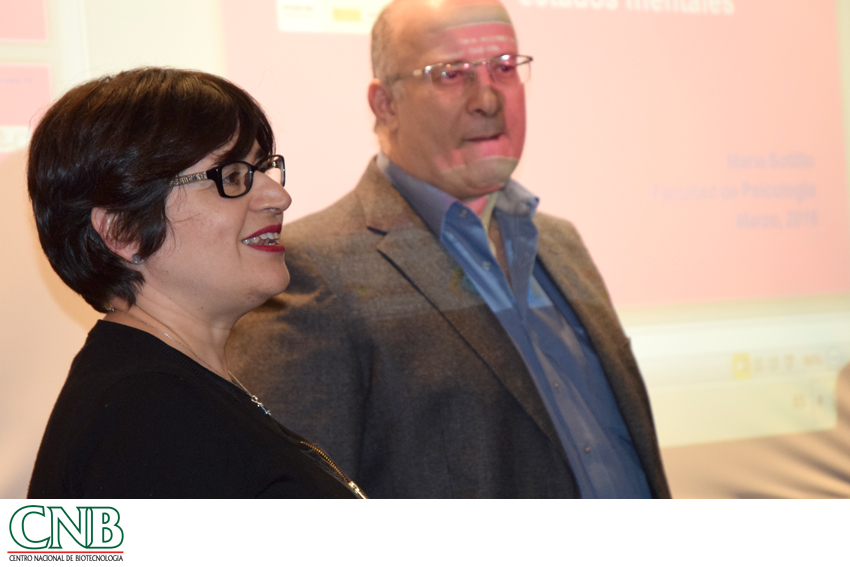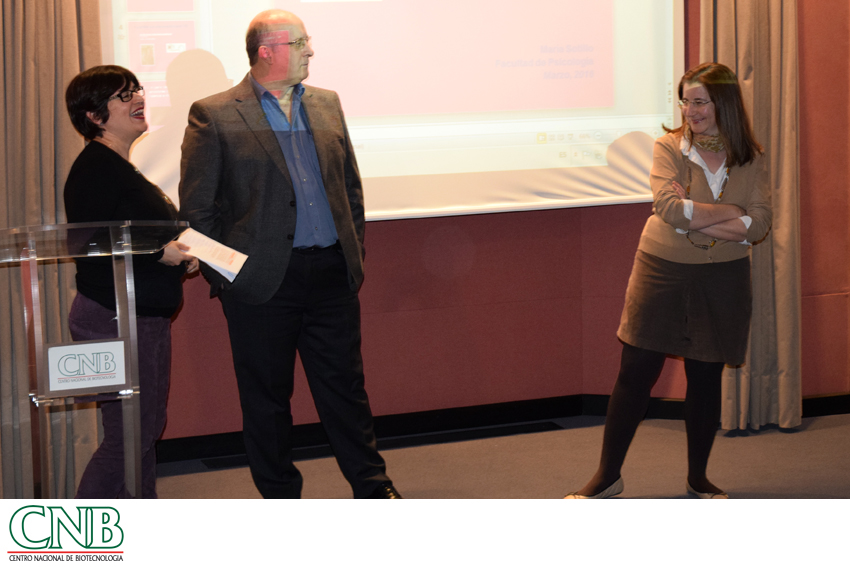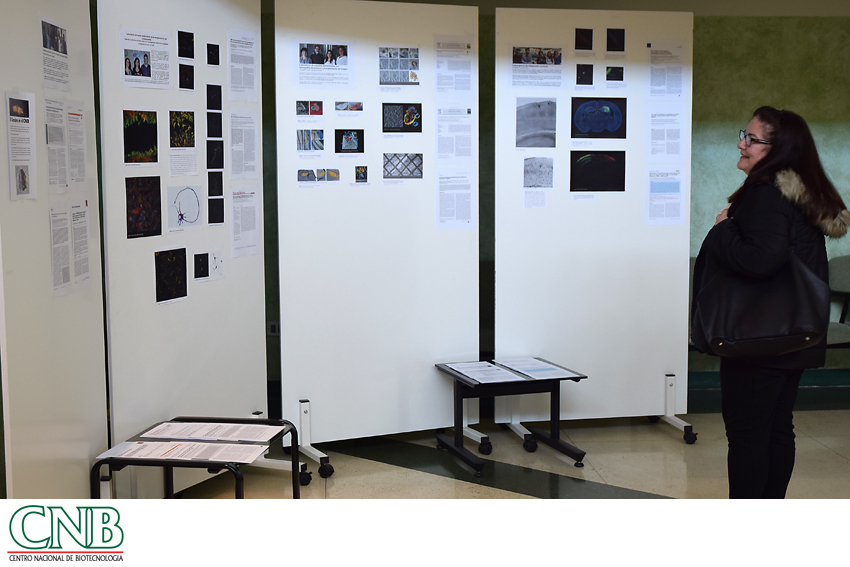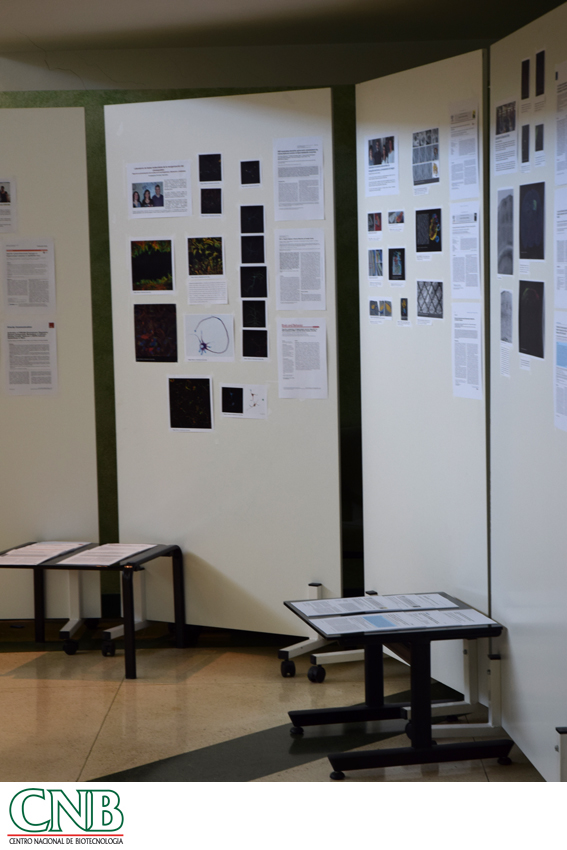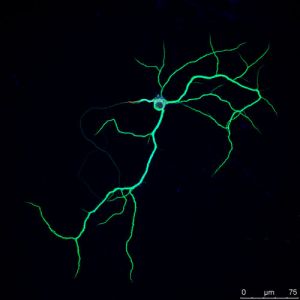From 14 to 20 March, Brain Awareness Week is observed around the world. On the occasion of this celebration, various outreach activities will take place at the Centro Nacional de Biotenología of the CSIC (CNB-CSIC), to publicise the efforts of the center’s scientists to determine the function of this organ and the diseases that affect it.
Today, Wednesday 16 March, the animated film Inside Out was analysed. This film tells the story of a girl from birth to preadolescence, and reflects how distinct emotions evolve in her mind and shape her personal relationships. Two guest scientists, Maria Sotillo Méndez, a doctor at the School of Psychology at the Universidad Autónoma de Madrid, and Miguel Medina, deputy scientific director of CIBERNED, will be in charge of the presentation. Based on the film, they will explain how our brain works and how it generates different emotions. This activity is financed by the Spanish Society of Neuroscience (SENC).
In addition, throughout the week you will find a small exhibit in the main hall that intends to publicise the centre’s research in neuroscience. The work of four groups is explained through spectacular microscopy images of the central nervous system and the main cells that form it (neurons, astrocytes and oligendrocytes) or its subcellular structures.
The brain in four CNB-CSIC laboratories
The laboratory of CNB-CSIC scientist Inés Antón studies the importance of the cytoskeleton in neuron and astrocyte structure and differentiation, and how its alteration can lead to neurological diseases. "With the results of our research, we hope to contribute to new therapies and to diagnostic and prognostic methods for neurological diseases, as well as inflammatory diseases and cancer," explains Antón.
Researcher José Jesús Fernández and his team analyse the 3D architecture of various neuron-related structures. "We are particularly interested in studying structural changes that could underlie neurodegeneration," Fernández says.
The studies of scientist José Ramón Naranjo focusses on DREAM, a calcium-dependent transcriptional repressor with an important role in Alzheimer's disease, Down syndrome and Huntington's disease.
Finally, Marta Nieto’s laboratory tries to understand how the cerebral cortex is formed during an individual’s development. The cortex is the most advanced brain structure and one of the most complex brain circuits.
